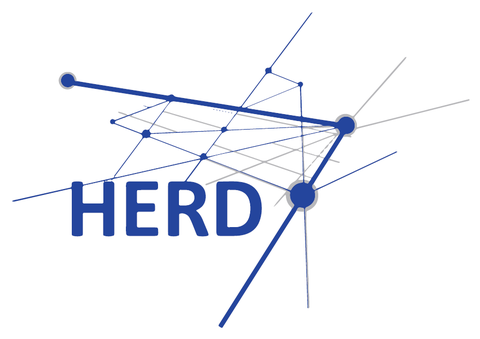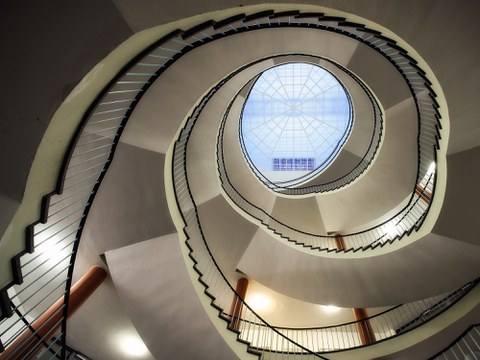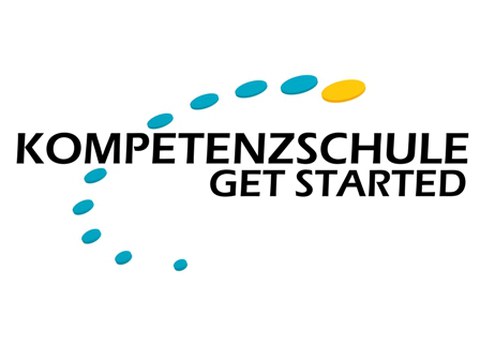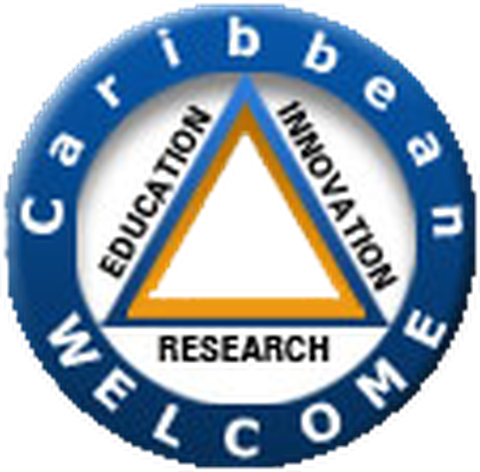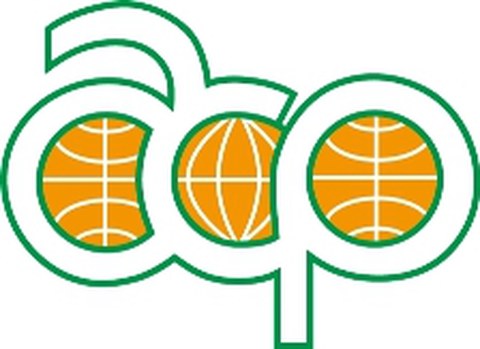EPC projects
Table of contents
- HERD - Raising Research Capacity of Georgian HEIs through Developing R&D Units
- SPIDER - FAST TRACK TO YOUR SUCCESSFUL PROJECT PROPOSAL
- Interdisciplinary qualification programme "GET STARTED" – an Opportunity for Doctoral Candidates
- CARRIBEAN WELCOME - Caribbean Wide Elaboration of Collaboration Schemes
HERD - Raising Research Capacity of Georgian HEIs through Developing R&D Units
Reforms of the Georgian Higher Education (HE) system started after Georgia adopted a new law on higher education
In 2004, Georgia adopted a new law on higher education transforming the soviet-style higher education system into a more European model. A series of reforms which faced multiple aspects of HE started when Georgia joined the Bologna Process in 2005. However, the least focus was made on the development and internationalization of research.
The ERASMUS+ project HERD aims to fill the research management gap of Georgian Higher Education Institutions (HEIs) by focusing on capacity development through sharing best practices of beknown EU universities. Staff training, refining their research management and data analysis skills and developing a national research management platform will help the HEIs to optimize their research capacity in various disciplines, set ground for institutional cooperation and extend the visibility of Georgia in international context.
The consortium consists of 20 partners: 12 Georgian HEIs which cover a wide range of disciplines and represent the leading public and private HEIs in Georgia, 5 governmental agencies and 3 EU HEIs. Technische Universitaet Dresden, represented by the European Project Center (EPC), is one of these European universities.
In February 2020 the led a four-day R&D seasonal school focussing on building and expanding skills and structures related to research management in Georgia.
This was followed by a workshop with representatives of other TUD institutions in September and October 2021 (due to the Corona pandemic online), and finally the visit of the Georgian delegation to TUD took place in May 2022.
Funding:
HERD is an EPC project at TU Dresden is funded with 931,648 EUR by the EU programme Erasmus+ KA2 Capacity Building in Higher Education. The project is coordinated by Ivane Javakhishvili Tbilisi State University in Georgia.
SPIDER - FAST TRACK TO YOUR SUCCESSFUL PROJECT PROPOSAL
The importance of interdisciplinary and transnational research is increasing more and more. To successfully secure European funding it is crucial to have strategic networks.
To address this requirement, the European Project Center (EPC) of TU Dresden initiated and implemented the project “SPIDER” (Strategic Partnership for Innovation and Development in EU Research Promotion).
The aim of the project was to strengthen TU Dresden as a centre of science and research in Dresden and to further increase its competitiveness in the European research landscape.
The existing strategic partner universities of the school Humanities and Social Sciences and the school of Civil and Environmental Engineering – in Wroclaw (Poland), Delft (the Netherlands), Prague (Czech Republic), Riga (Latvia), Trento (Italy) – should be used for real collaborations in the frame of collaborative European projects.
From 01 – 04 November 2016 European scientists stayed in Dresden to gather and develop new project ideas together with TUD scientists and thus enable new topics as well as joint activities. Energy efficient cities, buildings and companies as well as migration and inclusionwere the main topics during the project sessions.
Funding:
The project SPIDER was an EPC project at TU Dresden and made possible through the initiative budget “Transfer” of the Saxon State Ministry of Science and Arts.
SPIDER was funded with a lump sum of 55,000 EUR.
Interdisciplinary qualification programme "GET STARTED" – an Opportunity for Doctoral Candidates
The interdisciplinary qualification programme “Get Started” at TU Dresden gave doctoral candidates the opportunity to develop their skills in the area of research management from 2011 to 2014.
Here, along with working on their dissertation, early-stage scientists could prepare the next steps in their career in a one-year study programme.
The emphasis of the programme was on gaining knowledge and skills to enable each scientist
- to acquire funds for research projects,
- to co-ordinate and lead research projects
- to take the necessary steps for exploiting research results.
Participation in the programme not only brought new impulses to the careers of our young scientists, but also enabled them to expand their personal networks as well as their perspectives through exchange with doctoral candidates from other disciplines.
Since 2014 the Graduate Academy of TU Dresden offers selected workshops for all doctoral candidates.
Funding:
The graduate study programme “Get Started” was an EPC project at TU Dresden and made possible through the funding of the Saxon State Ministry of Higher Education, Research and the Arts (SMWK) with funds from the European Social Fund (ESF) and the Free State of Saxony.
CARRIBEAN WELCOME - Caribbean Wide Elaboration of Collaboration Schemes
The project united 7 different institutions that are promoting science and technology from Germany, Jamaica, Trinidad and Tobago, St. Lucia and Spain and is co-financed by the ACP Science and Technology Programme.
Eligibility period: 10.11.2009 - 09.03.2013
Caribbean WELCOME was one of 30 funded projects which were selected from about 220 proposals.The 3-year project supported the strengthening of internal science and technology capacity within the participating Caribbean countries in order to enable sustainable growth and development . It aimed at better linking industry and the academia in order to facilitate improved commercialization of research results. In addition it helped linking the Caribbean to the European research area (ERA) by establishing and consolidating National Contact Points (NCPs).
Funding:
The project Carribean WELCOME was coordinated by the European Project Center at TU Dresden and was funded by the ACP Science and Technology Programme.

